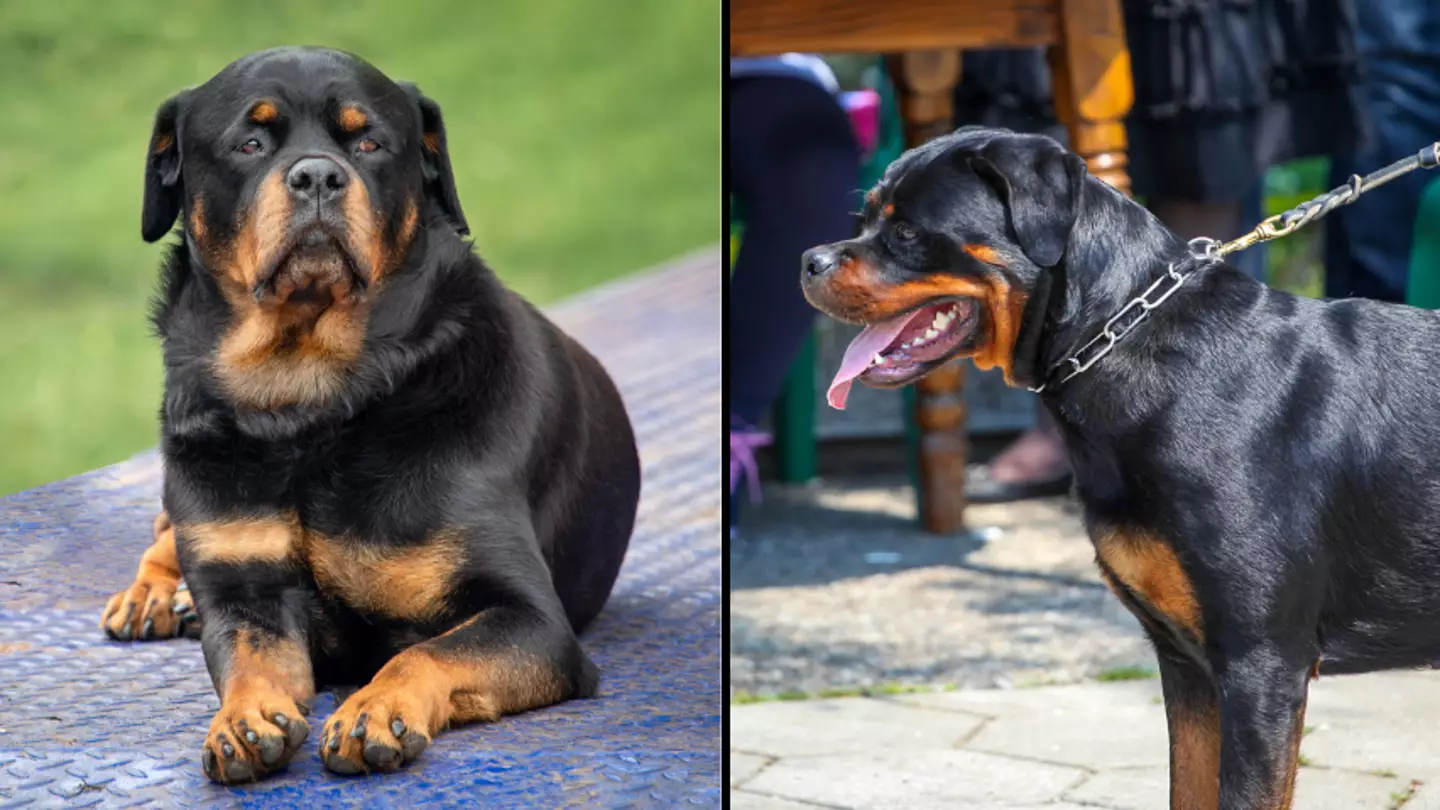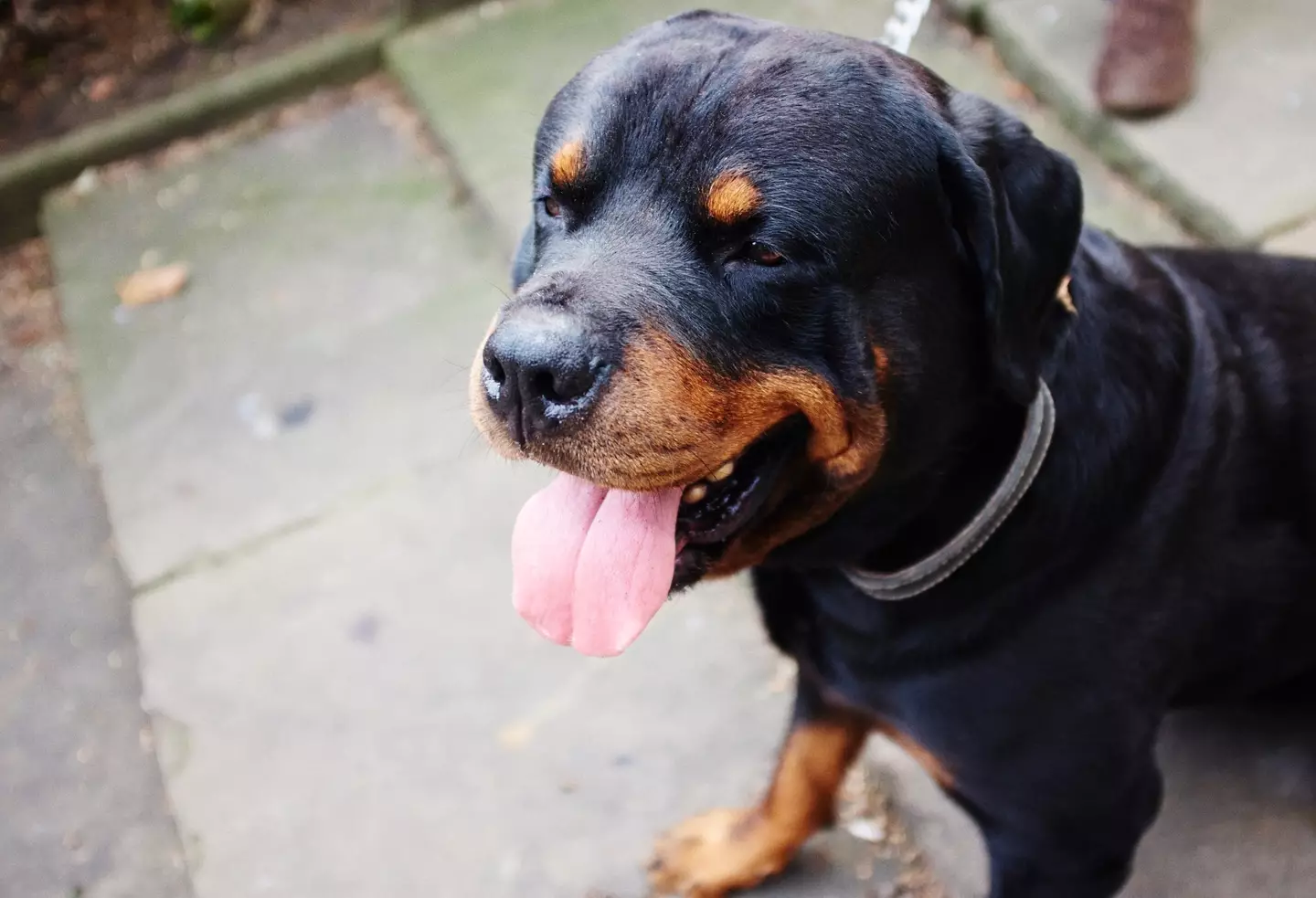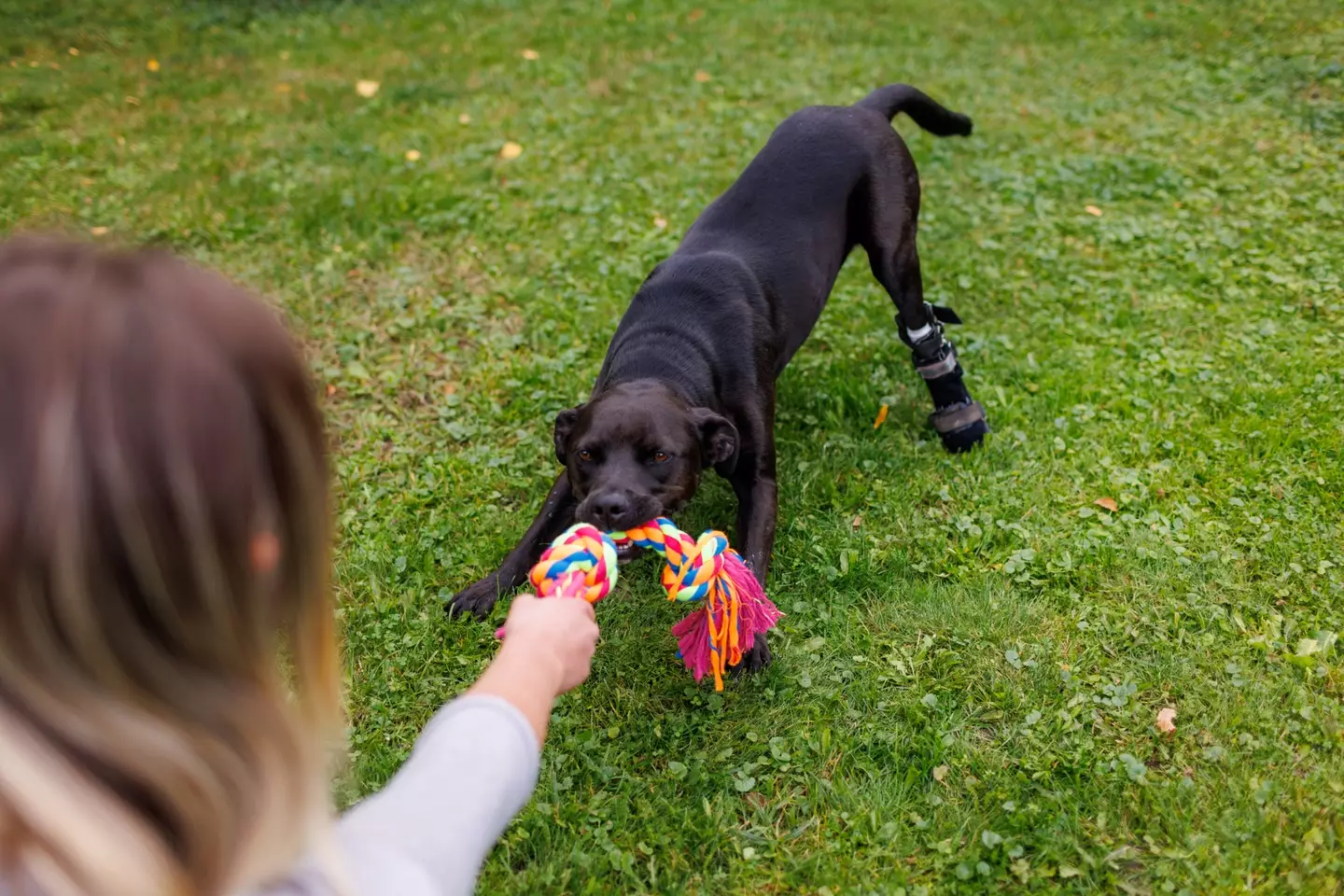
An expert has called for tighter regulation of dog sales instead of banning ‘dangerous breeds’, specifically Rottweilers.
After multiple Rottweiler attacks, one of which caused a woman to lose an arm and another had a man sustain bite wounds to the neck, the calls to ban the breed are only growing.
But, according to dog behaviour specialist Nathan Williams, outlawing the breed will do nothing.
Instead, a new breed will pull focus, and the cycle will continue.
Advert

Williams believes no dogs are ‘dangerous’ and it comes down to their training.
“When I first started doing this work 25 years ago, it was the doberman that had a bad name,” he told news.com.au.
“Then it was the Rottweiler, then it was the German Shepherd.
"Then it was the Pit bull.”
Advert
The dog behaviour expert said many owners aren’t aware of embedding bad habits in their pets.
For example, Williams advises against playing tug of war.
“A dog can’t understand the concept of play – that’s a human concept – all the dog understands is biting and ripping,” he said.
And while many who have fallen victim to dog attacks say that the dog ‘switched just like that’ or ‘I did nothing to provoke it’, Williams says their training can cause situations to escalate.
“In a normal calm situation, let’s say someone screams or squeals, the dog is trained to react when it hears the squeak,” he said.
Advert

“But the dog never snaps for no reason. There’s no such thing.”
However, Williams demands mandated desexing before sale, saying there is evidence dogs are much less likely to attack if they are.
According to Paws and More Vet, if your dog is desexed early, they are less likely to get into fights with other dogs and engage in anti-social behaviours.
But not just that, it reduces mounting, urine making and anxiety and decreases health risks, including testicular or prostate cancers, anal tumours, and perineal hernias.
Advert
The American Veterinary Medical Association says that early-age desexing not only helps control overpopulation and reduce the likelihood of a ‘whoopsy’ litter, but drastically decreases the possibility of female dogs developing breast cancer.
However, some studies suggested that when larger dogs were desexed before puberty, they were more likely to develop a ruptured cruciate ligament as they age, requiring a major orthopaedic operation.
But, in general, small-breed dog owners are advised to have their pets desexed around six months old. Whereas larger dogs should wait until eight to nine months.